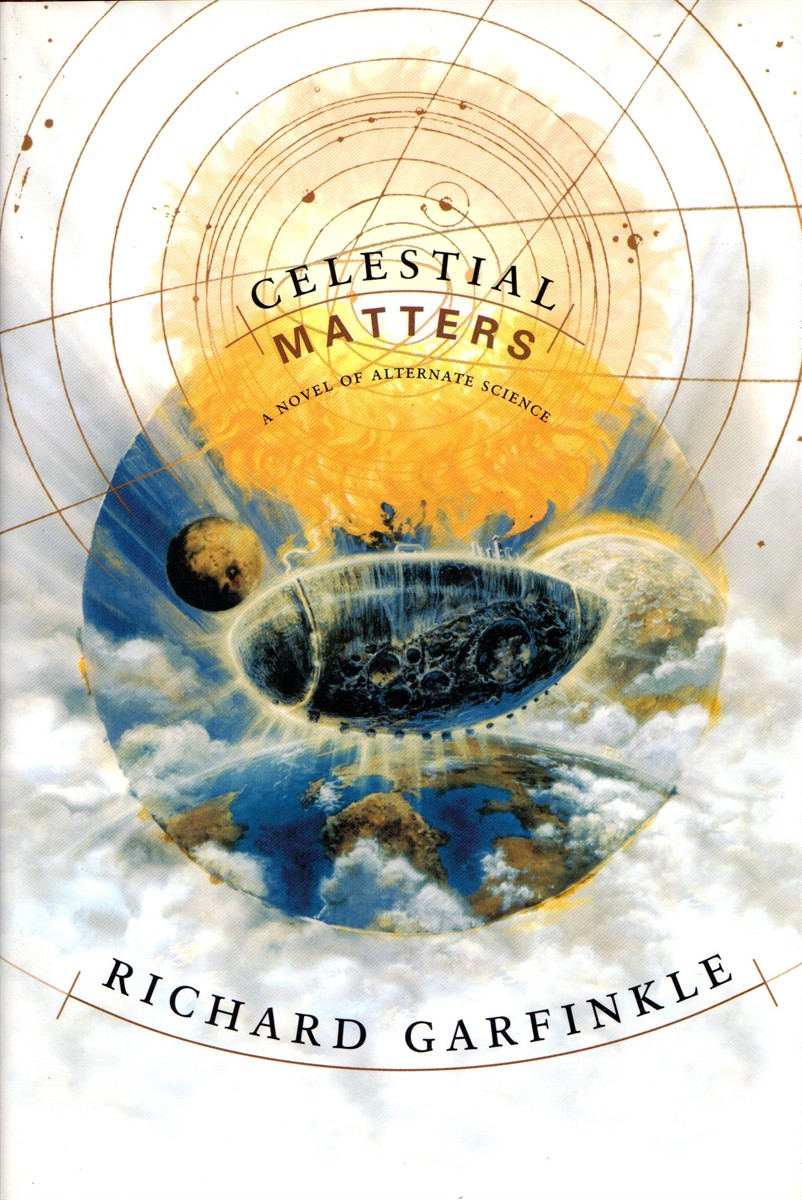What do you think?
Rate this book


348 pages, Hardcover
First published April 1, 1996
Si el libro del mes anterior que comenté ya hace mucho tiempo, dije que me había salvado el verano, este fue el que estuvo a punto de arruinarlo.
Un libro muy malo y aburrido, con una trama simplona. Tiene como idea de partida una distopía en la que la ciencia griega es totalmente acertada (esferas celestes, movimiento uniforme, los principios tipo arjé o arké). Vamos un desastre que compré de saldo y que más me valdría no haber visto en la estantería de la librería. Le doy una puntuación de cero estrellas porque no puedo ponérsela negativa o algo peor.
Sin embargo, voy a añadir un enlace a una reseña más entusiasmada.